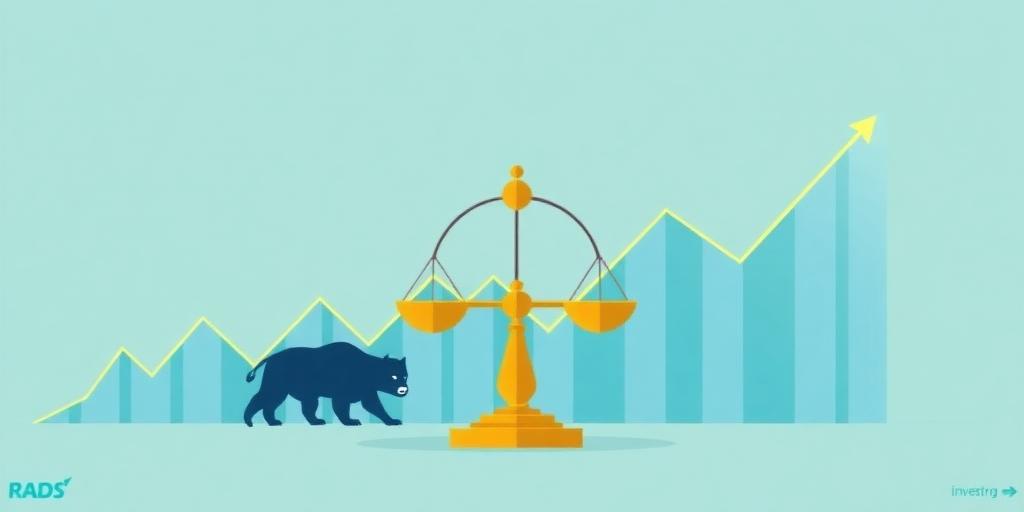Controlling Greed and Fear in Investing
Investing can be an emotional rollercoaster. The thrill of potential gains can incite greed, while the dread of losses can trigger fear. Mastering these emotions is crucial for long-term investment success. This article delves into strategies for controlling greed and fear, enabling more rational and profitable investment decisions.
Understanding Greed and Fear in Investing
Greed in investing often manifests as the desire for excessive returns, leading to high-risk investments without proper due diligence. Investors might chase speculative assets, ignore warning signs, or over-leverage their portfolios.
Fear, on the other hand, can cause investors to panic and sell during market downturns, locking in losses and missing out on potential rebounds. It can also prevent investors from entering the market altogether, missing out on growth opportunities.
Strategies for Managing Greed
- Set Realistic Expectations: Understand that consistent, high returns are rare. Aim for reasonable and sustainable growth, aligning your expectations with market realities.
- Diversify Your Portfolio: Spreading investments across various asset classes reduces the impact of any single investment's performance, mitigating the temptation to chase high-risk, high-reward opportunities.
- Develop a Written Investment Plan: A well-defined plan acts as a guide, preventing impulsive decisions driven by greed. Regularly review and adjust the plan as needed, but stick to its core principles.
- Avoid Leverage: Using borrowed money to invest can amplify gains, but it also magnifies losses. Limiting or avoiding leverage reduces the potential for greed-induced overextension.
- Educate Yourself: Knowledge is a powerful tool against greed. Understand the investments you're making and the risks involved. Informed decisions are less likely to be driven by emotion.
Strategies for Overcoming Fear
- Focus on the Long Term: Investing is a marathon, not a sprint. Market volatility is normal. Maintain a long-term perspective, and don't let short-term fluctuations dictate your actions.
- Dollar-Cost Averaging: Invest a fixed amount of money at regular intervals, regardless of market conditions. This strategy reduces the risk of investing a large sum right before a market downturn.
- Emergency Fund: Having a readily accessible emergency fund can alleviate financial stress during market downturns, reducing the need to sell investments at unfavorable times.
- Seek Professional Advice: A qualified financial advisor can provide objective guidance and help you stay on track during turbulent times. They can offer a rational perspective and prevent fear-based decisions.
- Understand Market Cycles: Knowing that markets go through cycles of expansion and contraction can help you anticipate downturns and prepare accordingly. Historical data provides valuable context for managing fear.
The Importance of Emotional Discipline
Controlling greed and fear requires emotional discipline. This involves:
- Self-Awareness: Recognizing when emotions are influencing your investment decisions.
- Patience: Avoiding impulsive actions and waiting for the right opportunities.
- Objectivity: Making decisions based on facts and analysis, rather than feelings.
- Adaptability: Being willing to adjust your strategy as market conditions change, without succumbing to panic or euphoria.
Conclusion
Greed and fear are powerful emotions that can derail even the most well-thought-out investment strategies. By understanding these emotions and implementing strategies to manage them, investors can make more rational decisions, minimize risk, and increase their chances of long-term success. Emotional discipline, combined with a sound investment plan, is the key to navigating the complexities of the market and achieving your financial goals.









